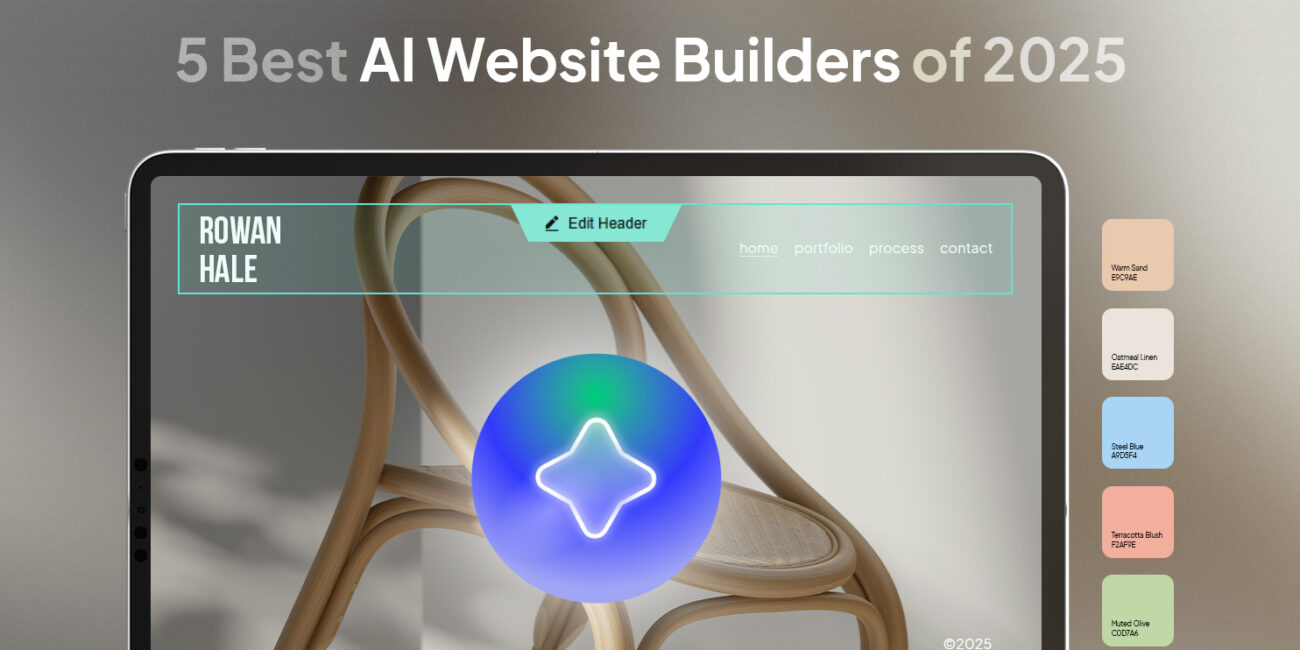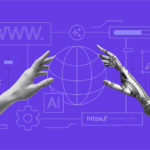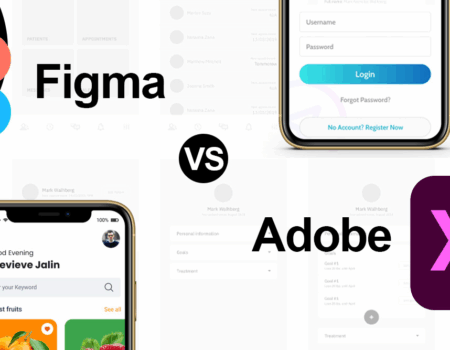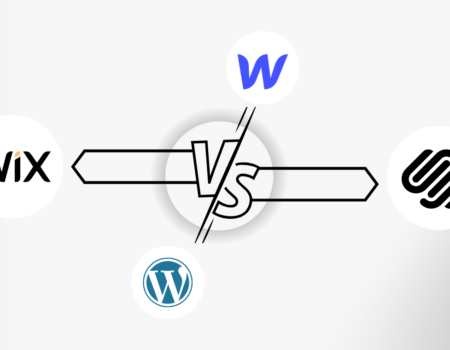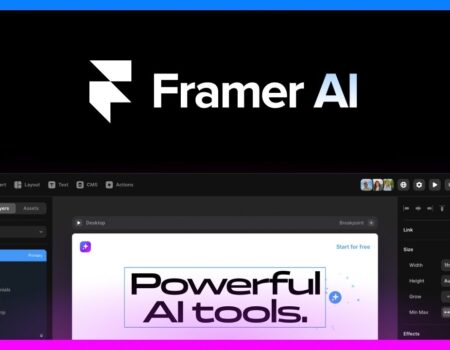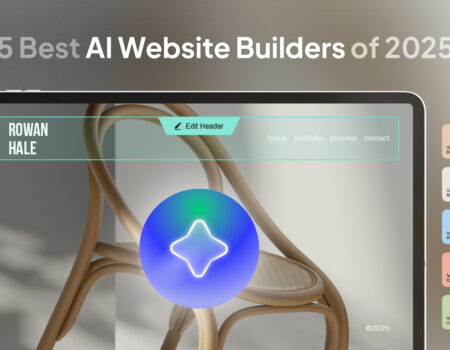As we advance deeper into 2025, AI continues to reshape how websites are built, managed, and optimized. Website builders have integrated increasingly sophisticated AI tools that help users design faster, personalize content, and improve user experience with minimal technical expertise. Whether you’re a freelancer, a small business owner, or a professional developer, understanding which AI-powered website builder fits your needs is crucial. This comparison covers the leading platforms in 2025, focusing on their AI capabilities, ease of use, customization, pricing, and overall value.
1. Wix: The AI Builder for Beginners and Small Businesses

Wix has long been a favorite for beginners, and in 2025, its AI features make it even more accessible. Wix’s AI Design System, powered by Wix ADI (Artificial Design Intelligence), can generate entire websites within minutes based on a user’s answers to simple questions. It automatically creates layouts, designs, and content tailored to specific industries or goals.
Key AI Features:
- Full website generation from prompts.
- AI-driven SEO optimization and marketing automation.
- AI content creation for blog posts, product descriptions, and more.
- Smart image editing and layout adjustments.
Strengths:
- Extremely user-friendly, ideal for non-technical users.
- Fast deployment with minimal input required.
- Built-in hosting and ecommerce integration.
Limitations:
- Limited flexibility for designers who want full creative control.
- AI-generated sites may feel somewhat generic unless manually customized.
Best for: Individuals and small businesses who want quick, hassle-free websites.
2. Webflow: AI for Designers and Developers Who Demand Control
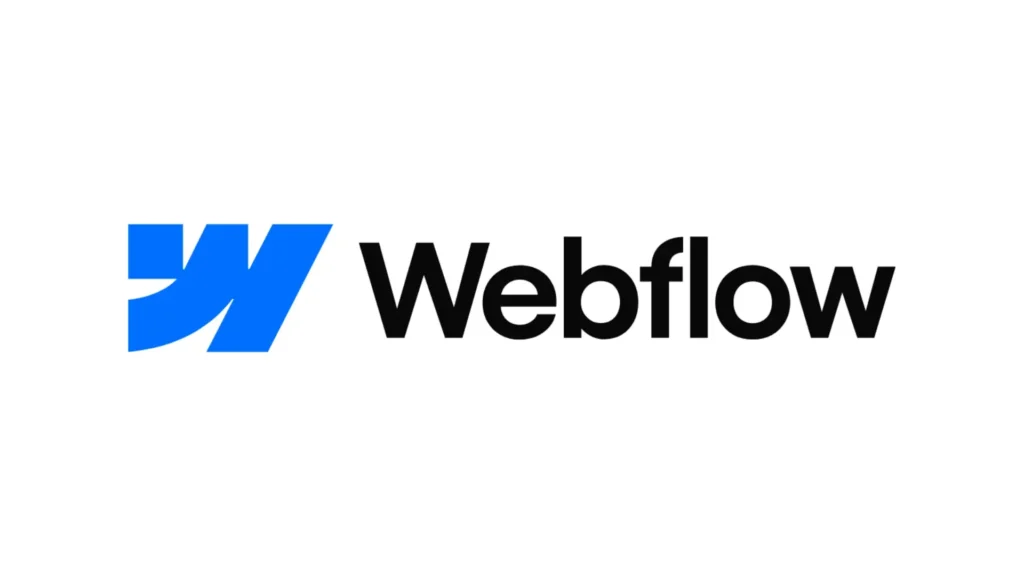
Webflow remains the choice for designers and developers who want pixel-perfect control over their websites. In 2025, Webflow has incorporated AI primarily as an assistant to improve workflow efficiency rather than fully automate the design process.
Key AI Features:
- AI-assisted layout suggestions and component generation.
- Content auto-generation to speed up writing tasks.
- AI-enhanced CMS for personalized and dynamic content delivery.
Strengths:
- Offers complete design flexibility and code export.
- Powerful CMS with AI for personalized user experiences.
- Excellent for complex, interactive sites and web apps.
Limitations:
- Steeper learning curve for new users.
- AI serves more as a helper than a full automation tool.
Best for: Experienced designers and developers seeking to augment creativity and productivity with AI.
3. WordPress: AI Ecosystem for Maximum Flexibility
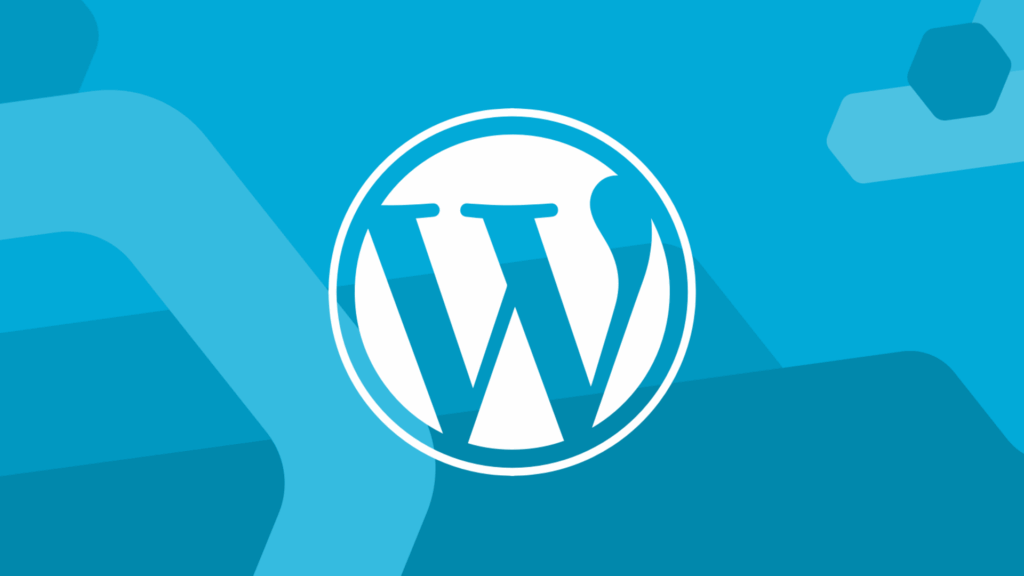
WordPress, the world’s most popular CMS, thrives on its plugin ecosystem, which now includes numerous AI-powered tools. Instead of a single AI builder, users combine plugins that offer AI content generation, SEO analysis, chatbots, and image optimization.
Key AI Features:
- AI content writing assistants and automatic translation plugins.
- AI-powered SEO and performance analyzers.
- AI chatbots and customer engagement tools.
Strengths:
- Extreme flexibility with thousands of AI integrations.
- Suitable for blogs, ecommerce, and enterprise websites.
- Open-source nature offers full ownership and customization.
Limitations:
- Requires some technical skill to manage and maintain plugins.
- AI features can feel fragmented and inconsistent across plugins.
Best for: Users needing robust AI toolkits combined with scalability and customization.
4. Framer: AI-Powered Prototyping Meets Website Building
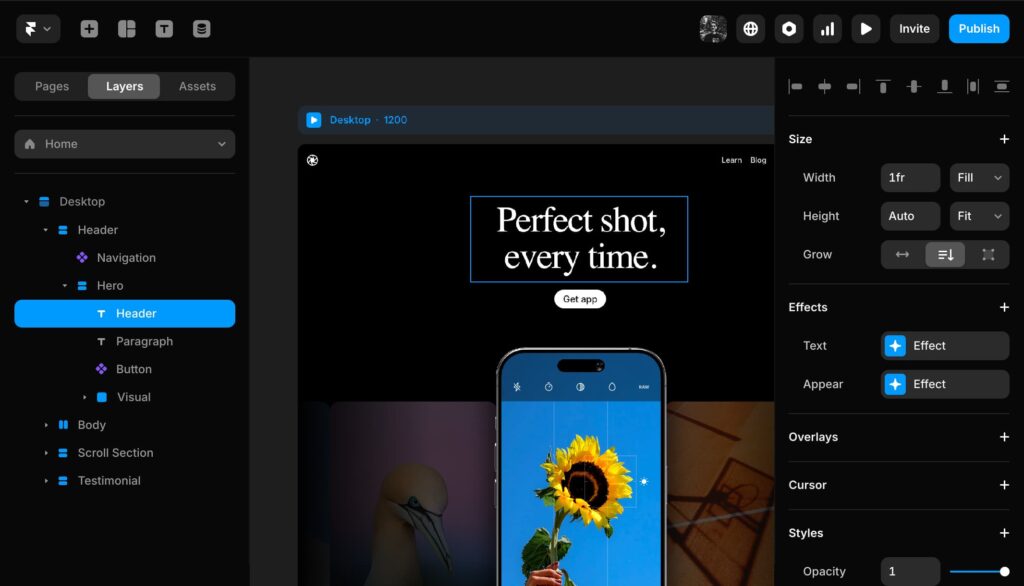
Framer has emerged as a hybrid platform blending design, prototyping, and AI-powered site generation. Its AI features focus on rapid page creation, multilingual support, and seamless design system automation.
Key AI Features:
- Generate responsive web pages from natural language prompts.
- AI translation tools for global reach.
- Automated design systems with customizable components.
Strengths:
- Rapid prototyping and high-fidelity design.
- Great balance between automation and manual control.
- Ideal for designers who want to combine speed with customization.
Limitations:
- Steeper learning curve for beginners.
- Pricing may be a barrier for freelancers or small teams.
Best for: Designers and teams needing fast iteration combined with code-level customization.
5. Squarespace: AI-Assisted Elegant Design
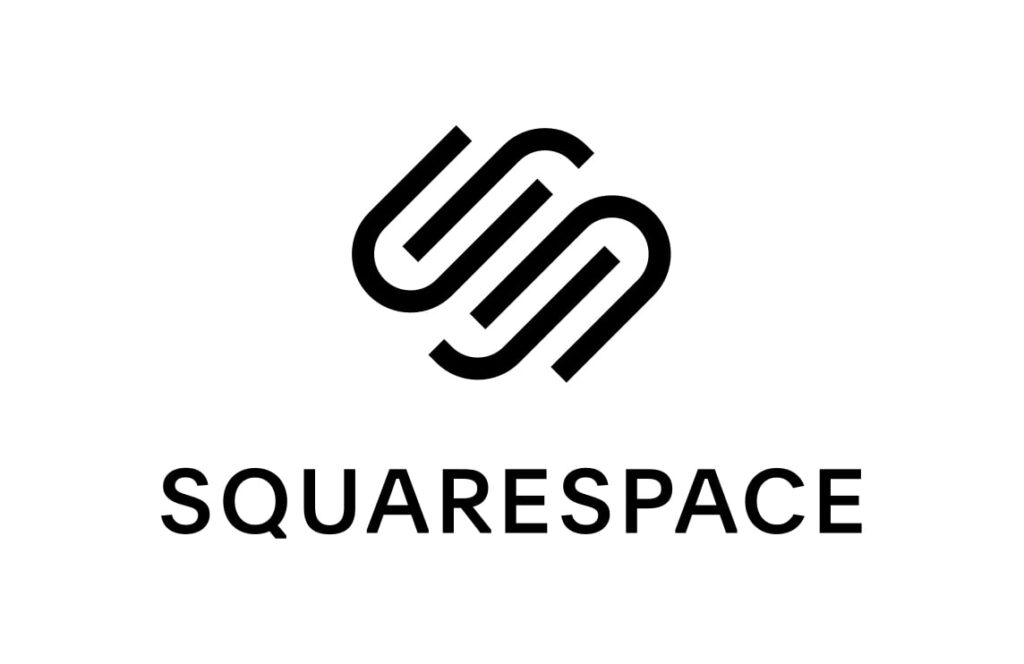
Squarespace, known for its visually stunning templates, has integrated AI to assist users in creating aesthetically pleasing websites effortlessly. The AI helps with style suggestions, content recommendations, and image optimization.
Key AI Features:
- AI-powered style and layout suggestions.
- Automatic image enhancement and resizing.
- AI content prompts for blogging and product pages.
Strengths:
- Beautiful templates optimized for mobile and desktop.
- Simple drag-and-drop combined with AI guidance.
- Strong ecommerce capabilities.
Limitations:
- Less flexibility for advanced customizations.
- AI features focus more on aesthetics than automation.
Best for: Creatives, photographers, and small businesses wanting elegant, hassle-free sites.
Comparison Summary
| Platform | AI Focus | Ease of Use | Customization | Pricing Range | Best For |
|---|---|---|---|---|---|
| Wix | Full AI site generation | Very beginner-friendly | Moderate | $5–$35/month | Small businesses, beginners |
| Webflow | AI workflow assistance | Intermediate to advanced | Extensive | $18–$45/month | Designers, developers |
| WordPress | AI plugins ecosystem | Intermediate | Unlimited | Free + hosting/plugins | Scalable, customizable sites |
| Framer | AI prototyping & page creation | Intermediate to advanced | Extensive | $5–$25/month | Designers, teams |
| Squarespace | AI style & content suggestions | Beginner to intermediate | Moderate | $16–$54/month | Creatives, small businesses |
Which AI Website Builder Should You Choose in 2025?
- If ease and speed are your priorities, Wix provides quick, AI-driven sites with minimal effort. It’s perfect for beginners and small businesses.
- For those seeking deep design control combined with AI assistance, Webflow and Framer are the top contenders. Webflow suits developers and designers wanting code-level customization, while Framer balances prototyping speed with flexibility.
- If you need a powerful, scalable platform with a vast AI toolkit, WordPress is unbeatable—though it requires more technical management.
- For visually stunning, AI-assisted elegance, Squarespace remains a favorite, especially for creatives and brands focused on aesthetics.
Final Thoughts
The AI revolution in website building has matured in 2025, offering tools that dramatically lower barriers and speed up workflows across the board. The best choice depends on your technical skill, project complexity, budget, and desired level of control. Whether you want a quick AI-generated site or a finely tuned, code-friendly environment, the market now has options to suit every need. Exploring these platforms hands-on will help you find the AI-powered builder that truly fits your vision and workflow.

